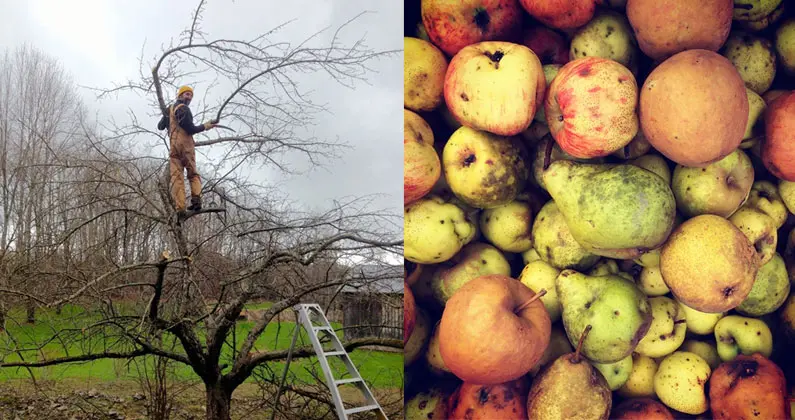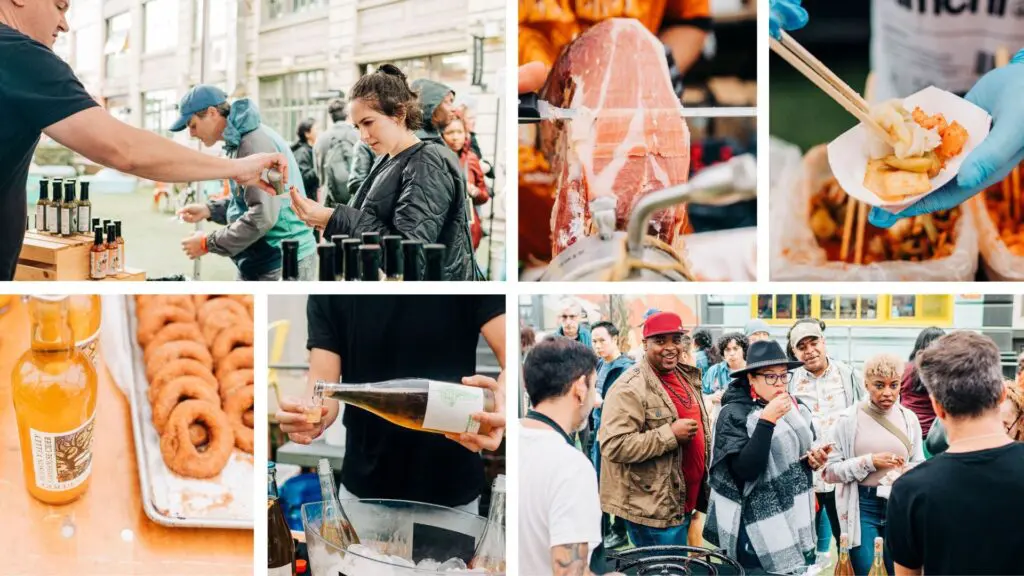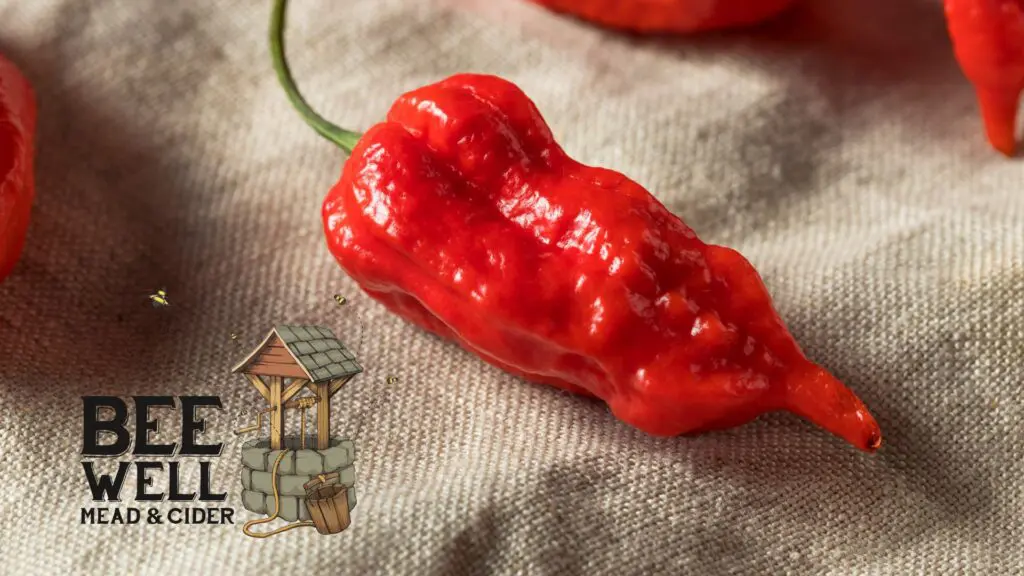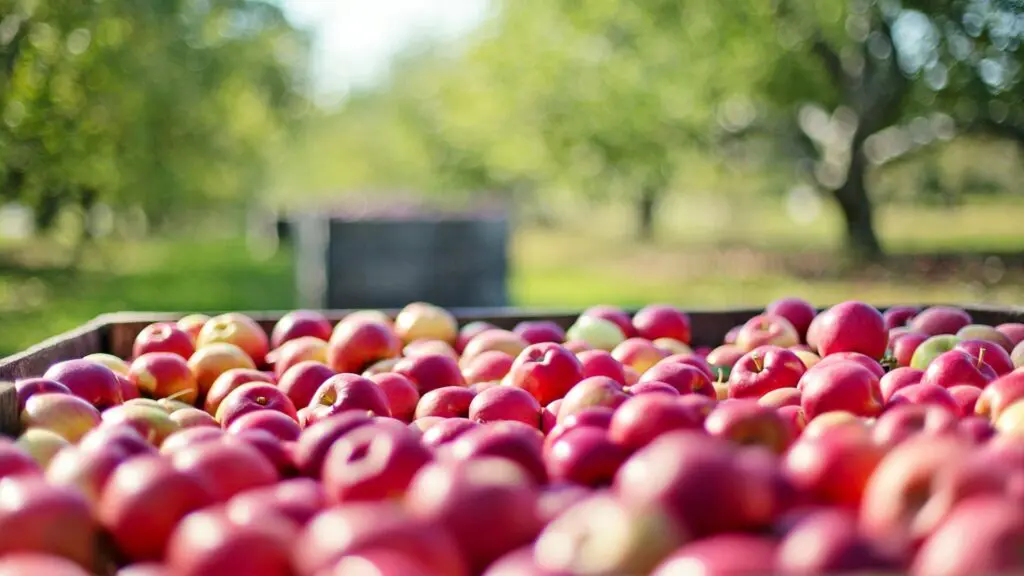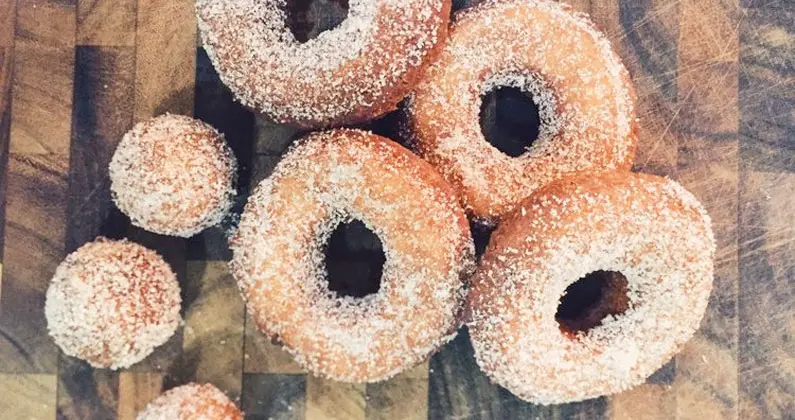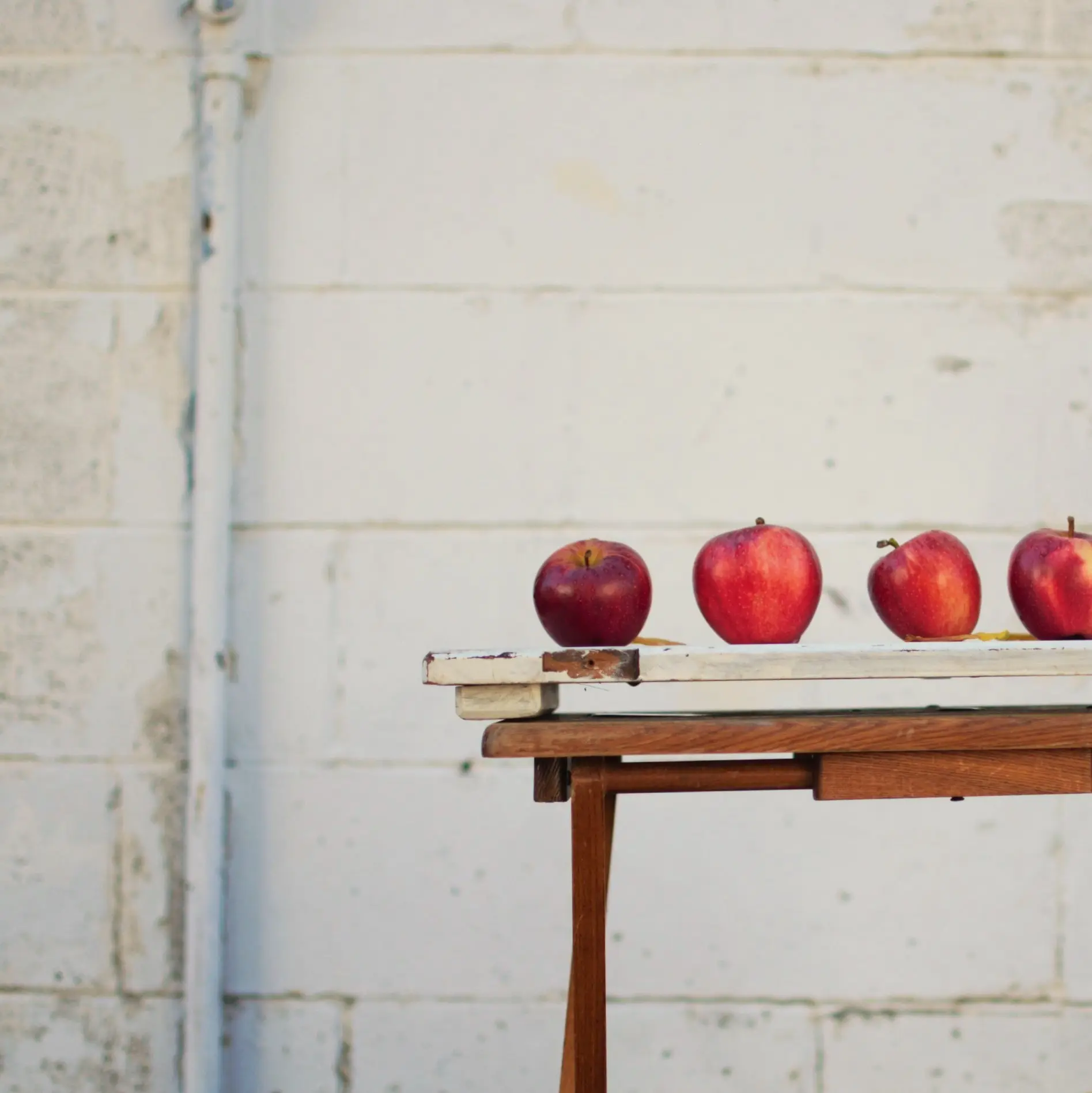New York’s South Hill Cider turns wild and vintage commercial apples into historical cider.
In the Southern Tier-Finger Lakes region of New York is the city of Ithaca, home to ancient apple trees that have flourish the land for hundreds of years. Steve Selin of South Hill Cider has set about to resurrect the fruit from these vintage trees to craft cider showcasing the bounty of the greater Finger Lakes region.
The young cidery’s production is a balance of high-quality heirloom fruit Selin buys from century-old commercial orchards in his area matched with feral fruit found in timeworn, abandoned orchards. In addition, he is currently making two “packbasket” ciders, which are composed of 100 percent wild seedling apple trees.
“It’s good to make clear that those wild seedling apple trees aren’t just abandoned apple trees, they actually grew from seeds,” he explains. “They’re not grafted, they are entirely wild and they’ve gone through natural selection in the wild. So you’ll have the great-great-great-grandparents of those trees that were probably brought here by the settlers and then those trees set seed, which grew into seedlings and then those trees matured and they set more seeds which made seedlings… There have been many generations of wild apple trees in this area for a couple hundred years.”
Selin himself is evidence of the apple’s multigenerational presence in New York. In the early days of his childhood, he experienced cider secondhand through his father. “My dad used to go and spend some time at this place that he called the ‘cider cellar,’ where he’d go every Tuesday,” Selin says of the old barn cellar his father frequented for cider drinking. “And so cider was in my consciousness right from the beginning; even though he didn’t make it, he didn’t even bring it home, he would just drink it there.”
After college, Selin moved to the historical city of Ithaca and saw homemade cider was prevalent there as well. All around the Ithaca area and the Finger Lakes, he saw makers taking advantage of the scattered wild and abandoned apple trees that settlers planted in the late 1700s. With a background in forest biology and ecology, his interest in the wild trees and the genetic sprawl of the apple sparked a need to produce cider. He began fermenting the wild fruit in his basement in the early 2000s and realized the uniqueness of the fruit created a complex and flavorful product.
A hobby turned career, Selin had an epiphany and expanded his production to a commercial scale. Branching out past the wild, forgotten apple trees, Selin began South Hill Cider in 2013 by seeking out bittersweet and bittersharp apples from commercial orchards around Ithaca and even tending to his own orchard nearby.
“There are about 1,500 trees in the ground that I’ve planted over the past few years and they just started fruiting this year,” Selin details of his five-acre orchard. “Next year I should have a pretty decent crop if the weather cooperates… Right now most of the varieties are English, American and French cider varieties, but I also have some trees growing in nurseries that are from the wild apples that I’ve found and really like the flavors of.”
Selin’s extensive knowledge of orchards and the genetics that go into each individual apple shines through his ciders sold throughout New York. Producing around nine ciders annually, he combines wild, local and, soon, his own apples to create signature ciders that have gained significant recognition all throughout the state. South Hill Cider has gained a solid foundation since 2013 and the future is looking bright for Selin and his ciders.

